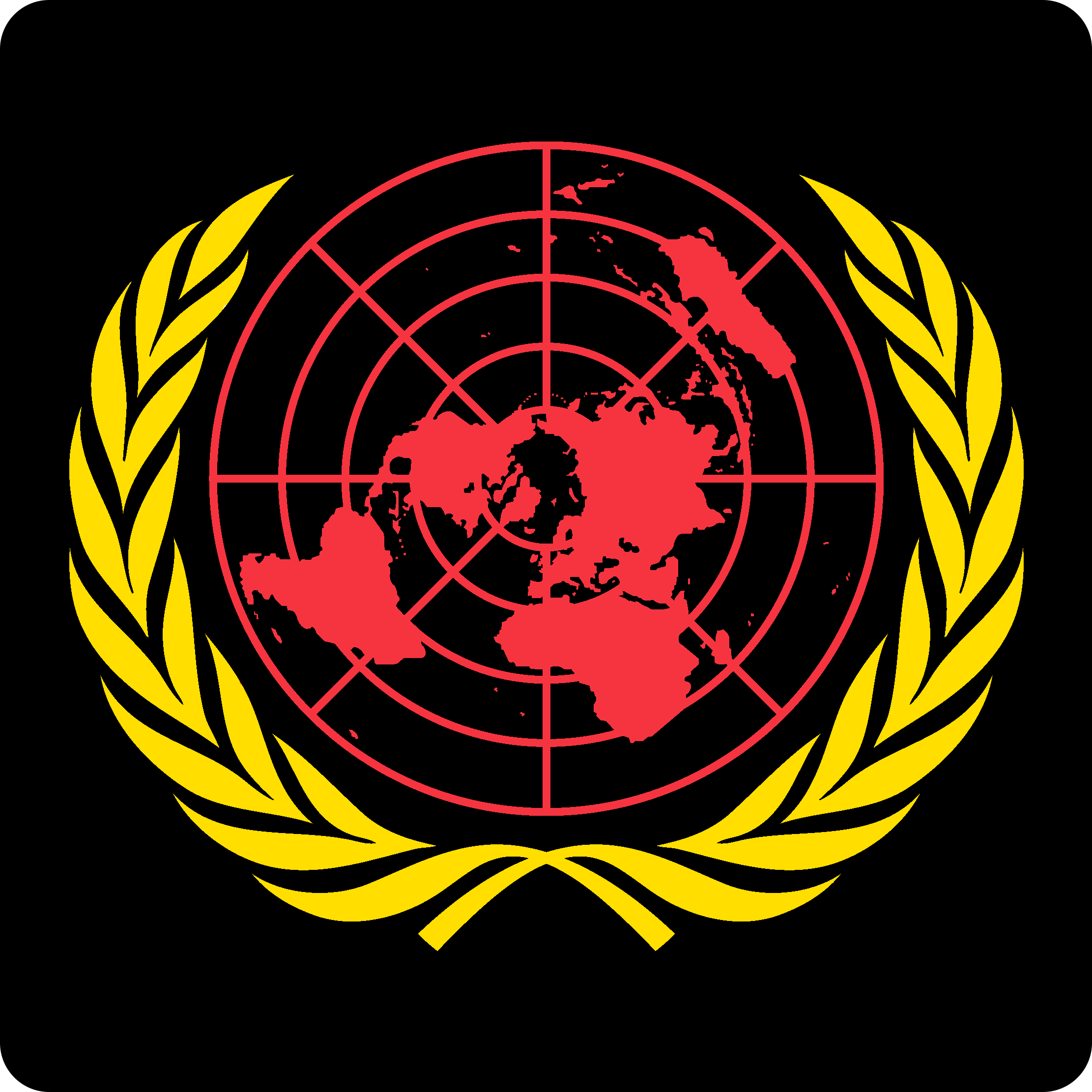Your cart is currently empty!

The Risks of Centralized Authority
Yesterday, we broke down how the human species resembles complex networks, like peer-to-peer and neural networks. These analogies highlight how decentralized systems thrive on diverse approaches and collaboration, making them more resilient and adaptable. Today, I want to take that perspective to analyze a global trend: the increasing authority of the United Nations (UN) over individual nation-states and how resulting international treaties reduce national sovereignty. This negatively impacts socioeconomic development and class mobility, posing a relevant threat to our species’ development as a whole.
Dissolution vs. Solution: Almost Spiritual
The human species, much like peer-to-peer and neural networks, benefits from decentralized structures that promote innovation and adaptability because they foster resilience through innovation. They do this by empowering individuals and local communities to solve their problems and meet their needs autonomously. Centralization, on the other hand, concentrates power and decision-making in the hands of a few, usually defined by class, leading to inefficiencies, rigidity, and socioeconomic stagnation.
Potential Negative Impact on Socioeconomic Development
Centralized authority, like that of the UN, often imposes one-size-fits-all policies that fail to consider the unique cultural, economic, and social contexts of individual nations. Their influence, expanded through various international treaties and agreements, often standardizes policies across member states at the expense of national sovereignty. British colonial rule in India demonstrated that centralized policies from another country (London) can disrupt local economies and social structures. The Soviet Union showed how slow decision-making stifles economic growth and innovation, highlighting the inefficiencies of large centralized organizations. When power is centralized, resources are often allocated based on political considerations rather than actual needs, exacerbating economic disparities. The European Union’s Common Agricultural Policy, which has disproportionately benefited wealthier member states, is a prime example.
Erosion of Class Mobility
Centralized systems concentrate power and resources in the hands of a few, creating an environment where the ruling class becomes subservient to an elite financial class with disproportionate influence. This makes it difficult for individuals from lower socioeconomic backgrounds to advance. The medieval European feudal system is a prime example of where this leads. Modern international treaties limiting national sovereignty also reduce the ability of local governments to address specific population needs, as seen with the Treaty of Versailles after World War I, which devastated Germany’s socioeconomic landscape and contributed to a power vacuum that led to the rise of Hitler. Centralized policies tend to homogenize regulations, disregarding local contexts and needs, disadvantaging regions with unique challenges. The IMF’s imposition of neoliberal economic policies on developing countries, leading to the Latin American debt crisis of the 1980s, is a fitting real-world illustration of this.
The Path Forward: Embracing Decentralization
Switzerland’s decentralized approach to governance has been historically effective. In fact the current migrant crisis in Switzerland itself could be seen as another example of the negative impact on socioeconomic development that imposing treaties wihtout the consideration of the local community can have. Encouraging diverse perspectives and solutions leads to more robust and adaptive outcomes, like the explosion of creativity during Europe’s Renaissance. Decentralized networks of collaboration and information exchange can build a more resilient global society, much like the internet has democratized access to knowledge. The increasing authority of the UN and the centralization of power through international treaties pose significant threats to socioeconomic development and class mobility. Recognizing the value of decentralized systems and empowering local communities can counteract these trends and build a fair and dynamic global society.
What Do We Do?
Fostering socioeconomic development and enhancing class mobility involves resisting centralization and embracing decentralized, collaborative models. Including these concepts in the way we view our political environment can help empower our communities to address their unique challenges independently and better reflect the body of individuals that make up each community. Pay attention to and participate in local elections; each person’s voice is bigger when you vote locally, as many local elections have surprisingly few participants. If voting in favor of regulation, keep in mind that it’s better to regulate institutions rather than individuals; regulating institutions helps prevent an environment that fosters anarcho-capitalism, which leads to fascism. Regulating individuals, on the other hand, reduces class mobility and puts more power in the hands of centralized authority, enticing socioeconomic consolidation. This socioeconomic consolidation creates the exact environment that, in today and yesterday’s articles, we have effectively established is detrimental to our species moving forward.

Leave a Reply